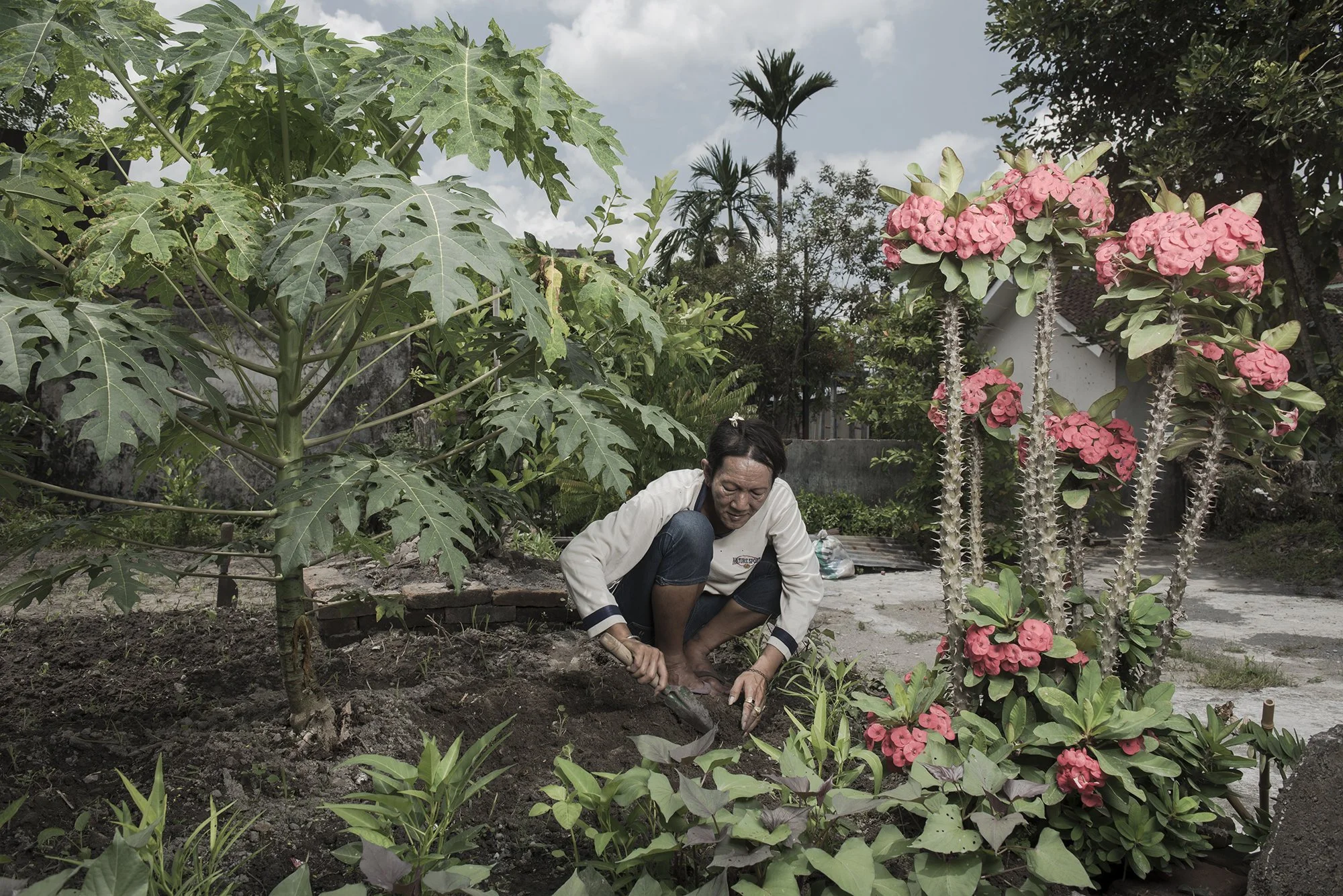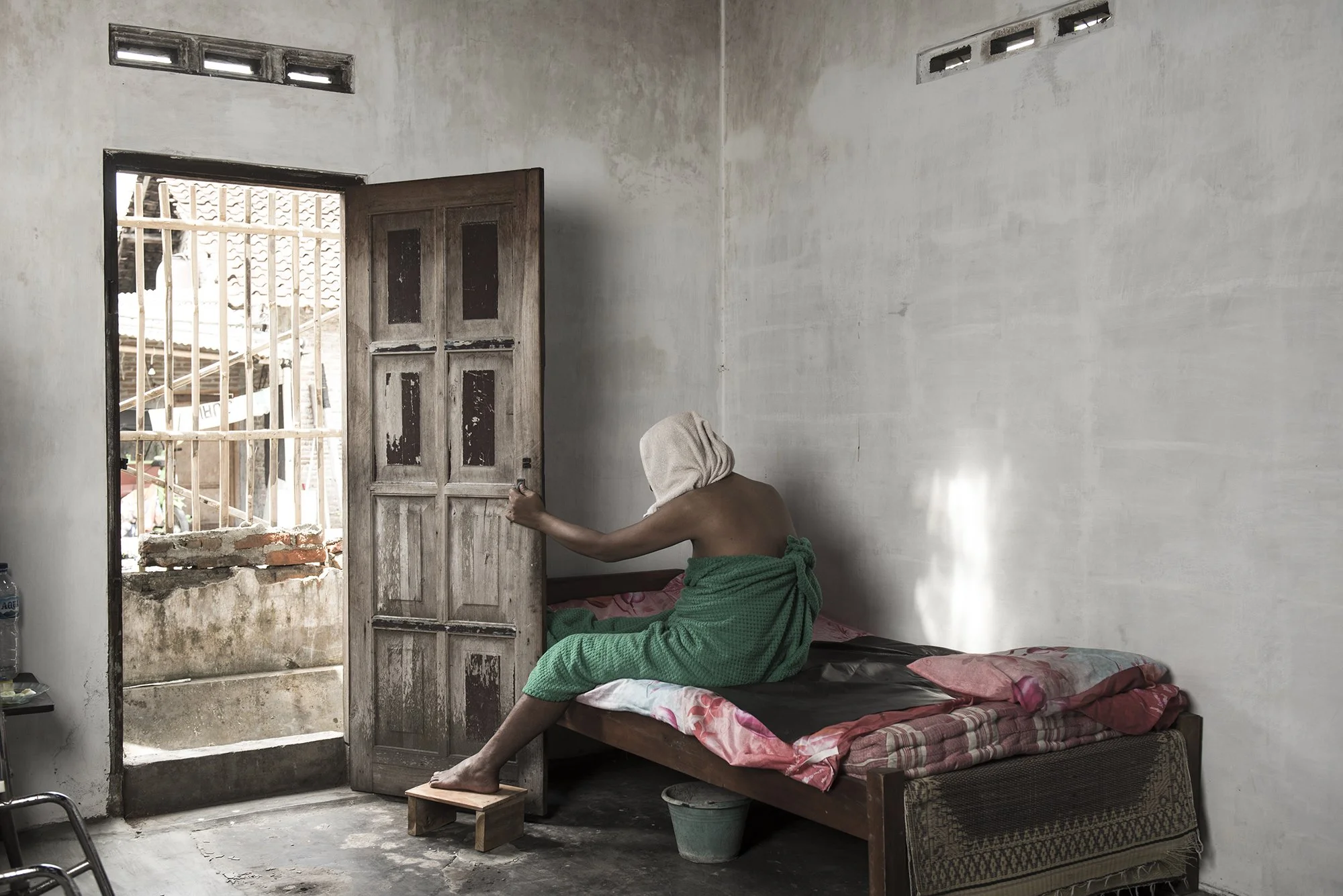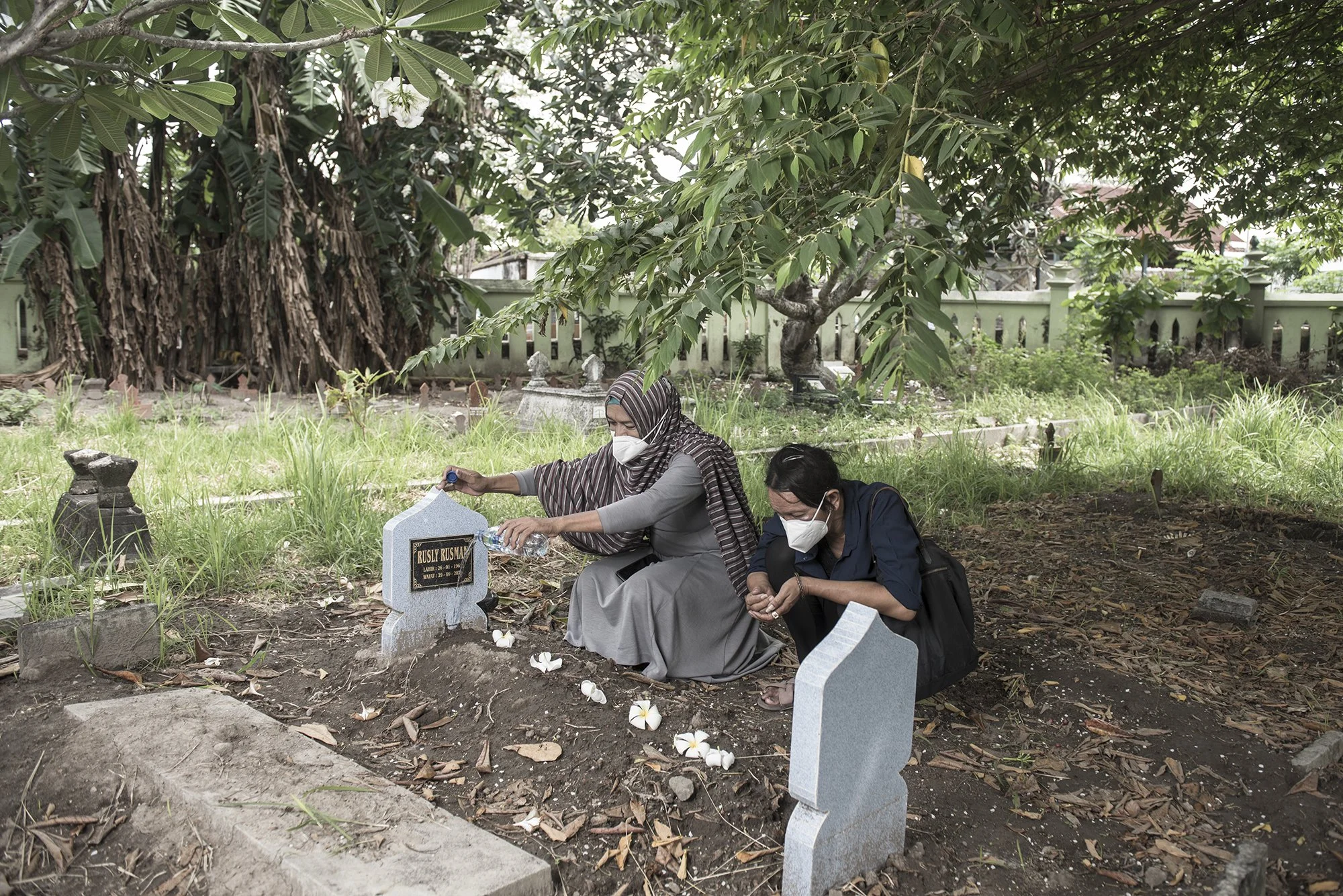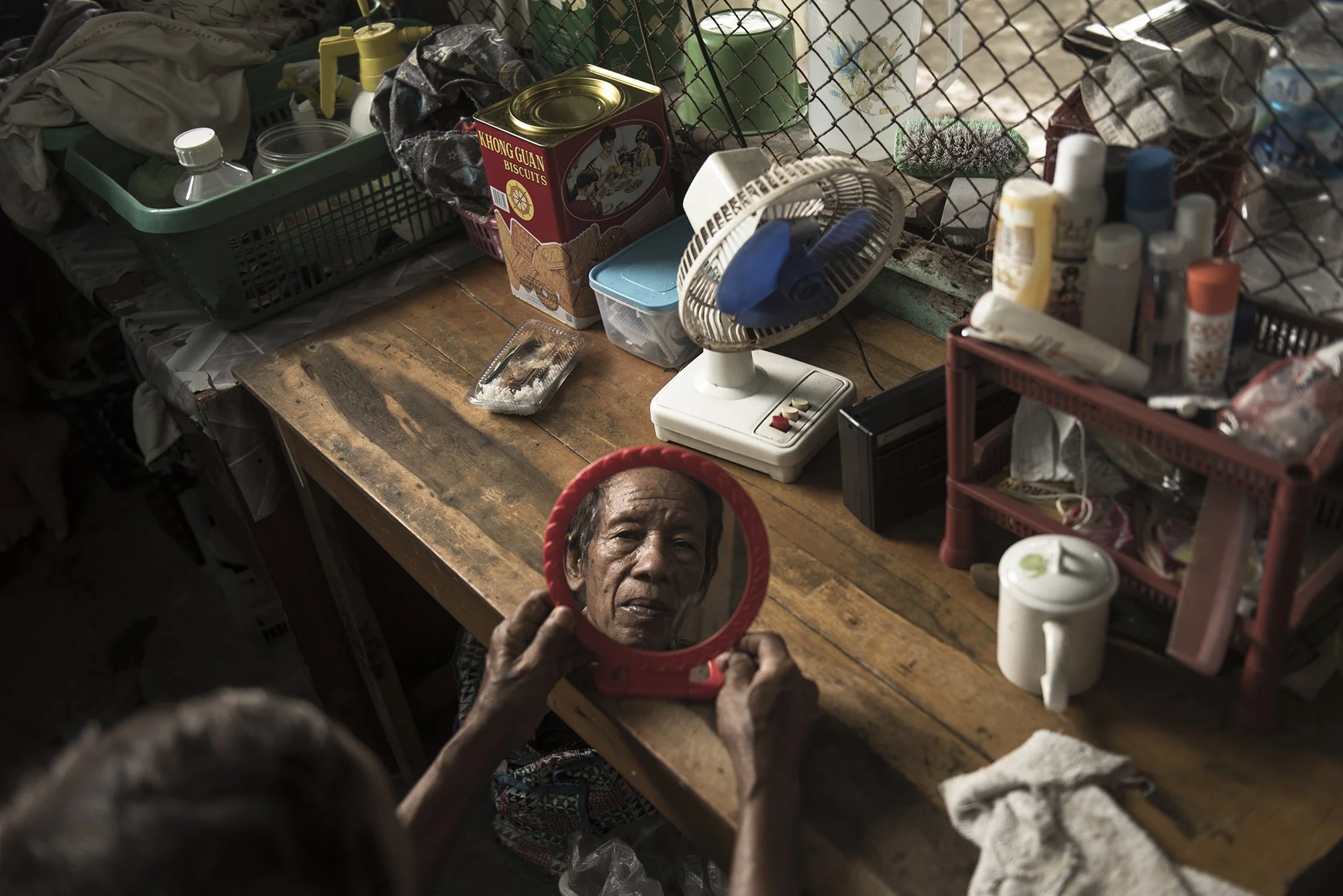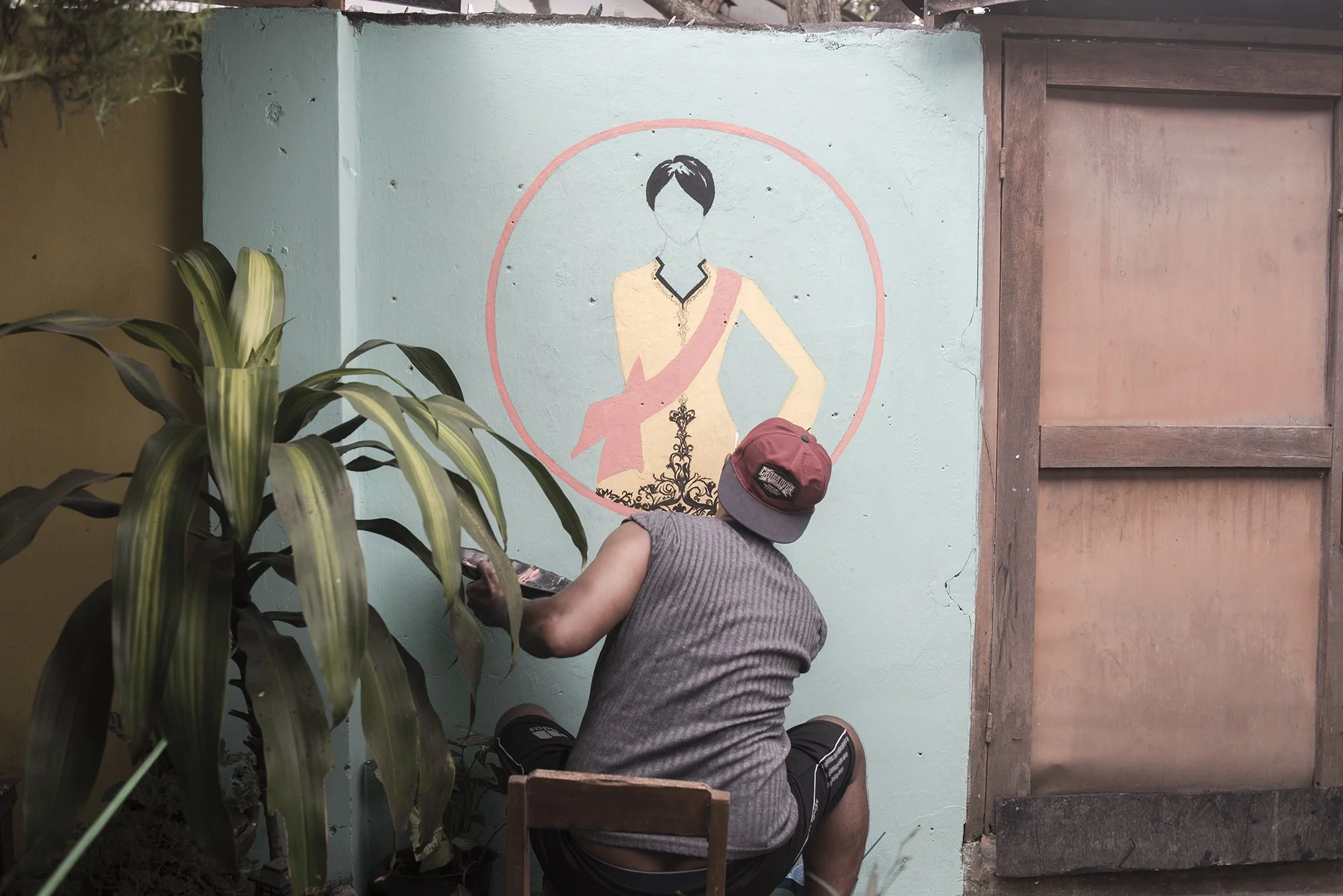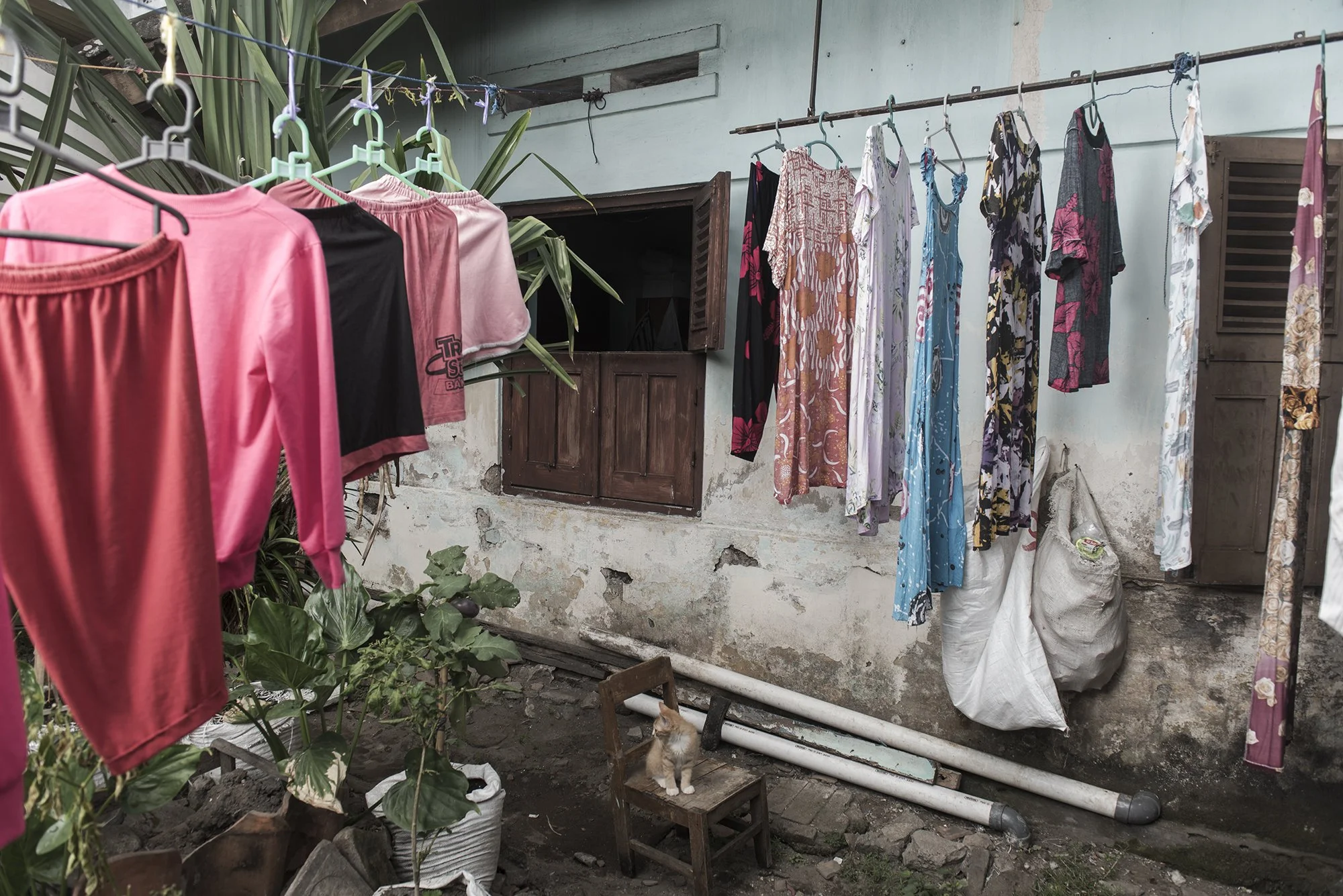Between Color & Voice
The transwoman community in conservative Indonesia faces numerous challenges, stigma, and barriers to obtaining the National Identity Card (KTP). Therefore, without this important document, the majority have lost access to many of their civil rights as citizens, including education, opportunity to work in the formal economy, access to health care, and trapped in the chains of poverty. This situation was exacerbated at the beginning of the COVID-19 pandemic as all access to health and support required KTP.
According to Srikandi Sejati Foundation - an organization that assists in health issues for transwomen - there are 2,981 assisted transwomen in Jakarta, and around 70% of them do not have KTP or even its serial number (NIK).
Although transwomen have long been part of Indonesia's multicultural society, this marginalized community faces widespread discrimination based on their gender expression. Local reports show that attacks on transwoman individuals and community gatherings continue to rise for the last ten years. Even though their social influence runs deep, they are still deemed shameful to families in Indonesia's less tolerant society. This shame eventually comes to a head when they are exiled by their families, committed as outcasts.
Through this project, I traveled to several cities, including Jakarta, Depok, Tangerang Selatan, and Yogyakarta, to record their success stories despite the challenges presented by the Covid-19 pandemic, the community's role in easing various aspects of life, and how they facilitate trans women acquire crucial documents when Indonesia government opens access to KTP in 2021. On the other hand, the project is representation of how they strengthen their relationship within their communities as a representation of family, home, and hope for resilience in the face of adversity. (2020 - 2022)
Supported by National Geographic Society / COVID-19 Emergency Fund for Journalists. Text editor : Yusni Aziz






